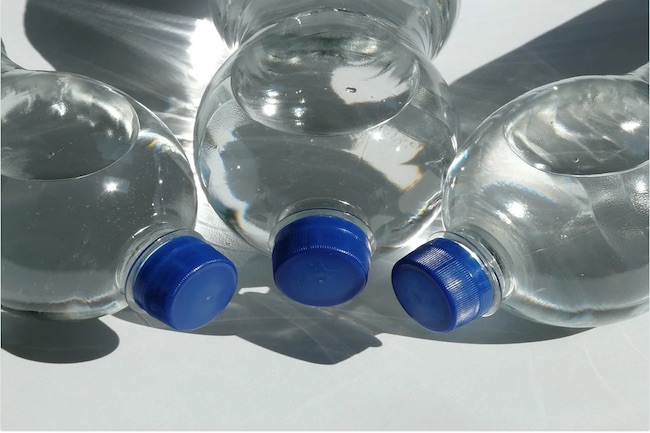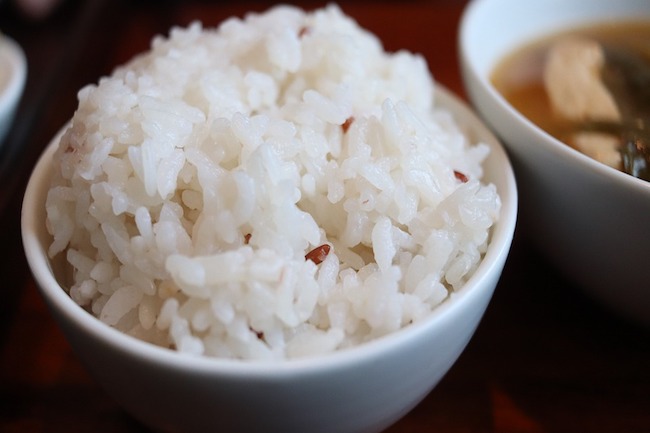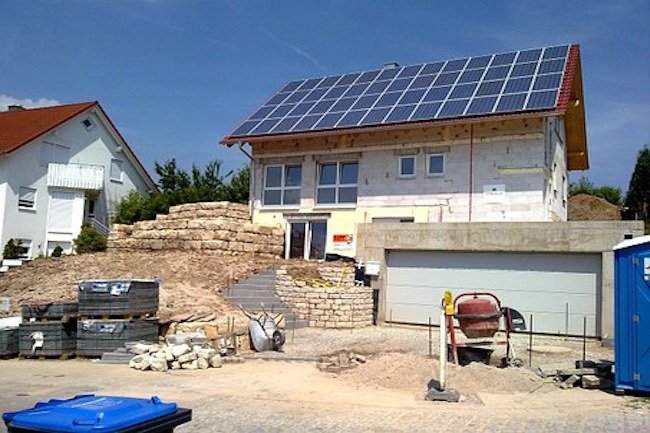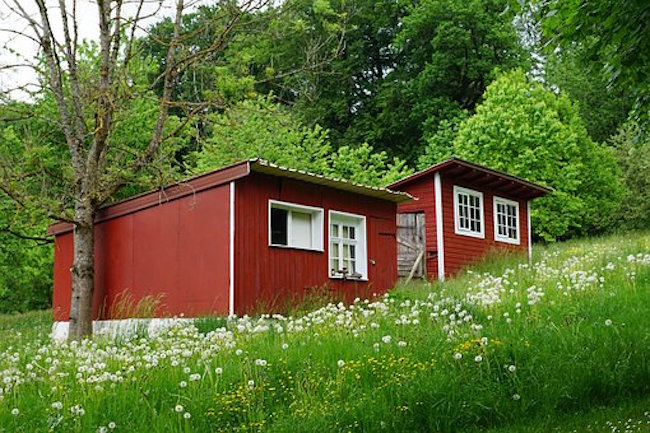Here’s How You’ll Die When the SHTF (and How to Prevent Your Untimely Demise) by Daisy Luther for The Organic Prepper
When it hits the fan…I mean REALLY hits the fan in a permanent kind of way, the most likely outcome is death.
That’s not pretty, and I’m well aware of it. I always try to be positive and optimistic, because, for me, preparedness is the ultimate act of optimism, but sometimes we have to look at the numbers and face some things that are pretty terrifying. The first reality check is that some research says that only 3 million Americans are preppers. That means that 315 million Americans are not preppers. Some experts predict that within 30 days of the power going out, 50% of Americans will be dead. Within a year, an astounding 90% of the population will be dead.
Do you want to survive such a scenario? Do you want your children to survive? When you read this information, you have to realize that it’s very unlikely that you and your family would live through a grid failure of a year or more unless you are proactive and develop a preparedness plan that takes all of these causes of death into consideration.
The Top 10 Ways to Die in a Long-term Disaster
So here are the cold hard facts. One of these is the way that you are most likely to die when the SHTF, particularly in the event of a long-term grid failure. The good news is, now that you know this, you can take steps to prevent your untimely demise.
- You die of thirst or waterborne illness. Most people have a case of water bottles kicking around, and perhaps a 5-gallon jug for the water cooler. What they don’t have is a gallon a day per person for a long-term emergency. Most people also don’t own a gravity fed, no-power necessary water filtration device with spare parts and extra filters. Most people do not have the skills and knowledge necessary to purify their water without these devices either. Waterborne illness is the number one cause of death after a natural disaster.If just one person handles water and waste incorrectly, this can cause an epidemic of such deadly illnesses as Hepatitis A, viral gastroenteritis, cholera, Shigellosis, typhoid, Diphtheria and polio. The other worry is dehydration. It only takes 3 days for a person to die of thirst. Learn more about the importance of water preparedness HERE. If you’d like information on water preparedness in a print version, check out my book on the subject.
- You die from fantasy-world planning. So many preppers have poorly thought out plans for survival. They think they’ll “live off the land” and hunt, forage, and farm their way through the apocalypse, but they’ve never milked a goat or planted the contents of their seed banks. They don’t understand that gardens and crops can fail for innumerable reasons. They think they’re still in the same physical condition that they were 25 years ago and overestimate their ability to perform physical labor, like chopping wood for the fire.There are hundreds of bad strategies that will get preppers killed (in fact, here are 12 of them), and mostly it boils down to one crucial fact: it’s all a fantasy. They’ve never done ANY of the things that they think they will do for survival, or if they have done them, it was decades ago, when they were younger, fitter, and more resilient. I can tell you right now, if we had to live off of the contents of this year’s drought-stricken, deer-and-gopher-raided garden, we’d last about a week, enjoying salsa by the jarful, but little else.
- You freeze to death. Depending on where you live, you may freeze to death when the power goes out. When temperatures plummet, people will become desperate to get warm, and this will lead to other modes of death such as carbon monoxide poison from improperly vented heat sources and house fires when people use fireplaces or wood stoves that have not been maintained for years. Learn about staying warm during a winter power outage HERE and begin to develop a plan that will keep your family cozy during a long-term scenario.
- You starve to death. Most people only have enough food to see them through until the next grocery trip. Most people go to the grocery store more than once per week. In urban centers, it’s customary to buy your food fresh from the market each day. If disaster strikes and you only have a few days’ worth of food, you are going to be one of those people standing in line for hours, begging FEMA for a bottle of water and an MRE to split amongst your family. Even worse, in an extremely widespread disaster, FEMA won’t be coming at all, and you’ll be on your own, left with only what you have in your home…before it spoils and if you can figure out a way to cook it with no power. Food poisoning, starvation, and malnutrition will be common causes of death. Learn about building a pantry on a budget HERE. To start yourself out with a speedy supply, go HERE for a variety of high quality, non-GMO kits.




